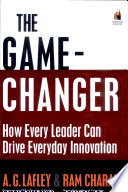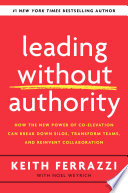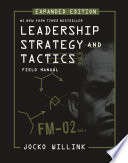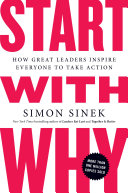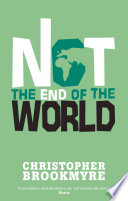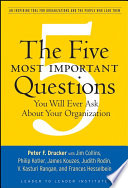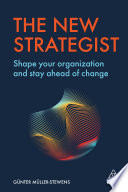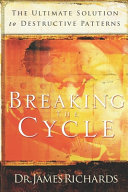Summary
In 'The Infinite Game', Simon Sinek presents a transformative approach to leadership and business strategy that contrasts the finite mindset prevalent in many organizations today. The book is grounded in the idea that traditional business practices often focus on short-term wins, competition, and profit maximization, leading to a cycle of stress and burnout. Sinek argues that this finite mindset limits the potential for growth and innovation, ultimately hindering long-term success.
The core premise of the book revolves around the distinction between finite and infinite games. Finite games have clear rules, defined players, and a specific endpoint, like sports or conventional business competition. In contrast, infinite games are ongoing, with no definitive conclusion. The goal is not to win but to keep playing and improving. By adopting an infinite mindset, organizations can focus on sustainability, resilience, and adaptability in a rapidly changing world.
Central to this infinite mindset is the concept of a 'Just Cause.' Sinek emphasizes that organizations must have a purpose that transcends profit, inspiring employees and customers alike. A Just Cause should be inclusive and have a positive impact on society, serving as a guiding principle for decision-making and strategy. Companies that embrace this purpose are more likely to foster loyalty, engagement, and innovation among their teams.
Building trusting teams is another critical aspect of the infinite game. Sinek argues that trust is the foundation for open communication, collaboration, and creativity within organizations. Leaders must create an environment where team members feel safe to express their ideas and concerns, fostering psychological safety and encouraging vulnerability. Organizations that prioritize trust are better equipped to navigate challenges and seize opportunities.
Sinek also introduces the idea of 'worthy rivals,' competitors that inspire organizations to improve rather than simply defeat them. By viewing rivals as sources of inspiration, companies can identify their weaknesses, learn from others, and elevate the industry as a whole. This shift in perspective encourages collaboration and continuous improvement, rather than a zero-sum mentality.
Existential flexibility is another key concept, referring to the ability of organizations to adapt and pivot while remaining true to their Just Cause. Sinek stresses the importance of being willing to make significant changes in response to evolving circumstances, ensuring that organizations stay relevant and aligned with their purpose.
Courage to lead is essential for fostering an infinite mindset. Leaders must be willing to challenge the status quo, make tough decisions, and prioritize long-term goals over short-term gains. By embodying courage, leaders can inspire their teams and drive meaningful change within their organizations.
Finally, Sinek highlights the power of community in sustaining an infinite game. Organizations that foster a sense of belonging and connection among employees, customers, and stakeholders are more likely to succeed in the long run. By engaging with their communities and understanding their needs, businesses can create a positive impact and build stronger relationships.
Overall, 'The Infinite Game' offers a profound shift in how we think about leadership and business. By embracing an infinite mindset, organizations can cultivate resilience, adaptability, and a sense of purpose that leads to long-term success and fulfillment. Sinek's insights challenge conventional wisdom and provide a roadmap for leaders looking to navigate the complexities of the modern business landscape.



